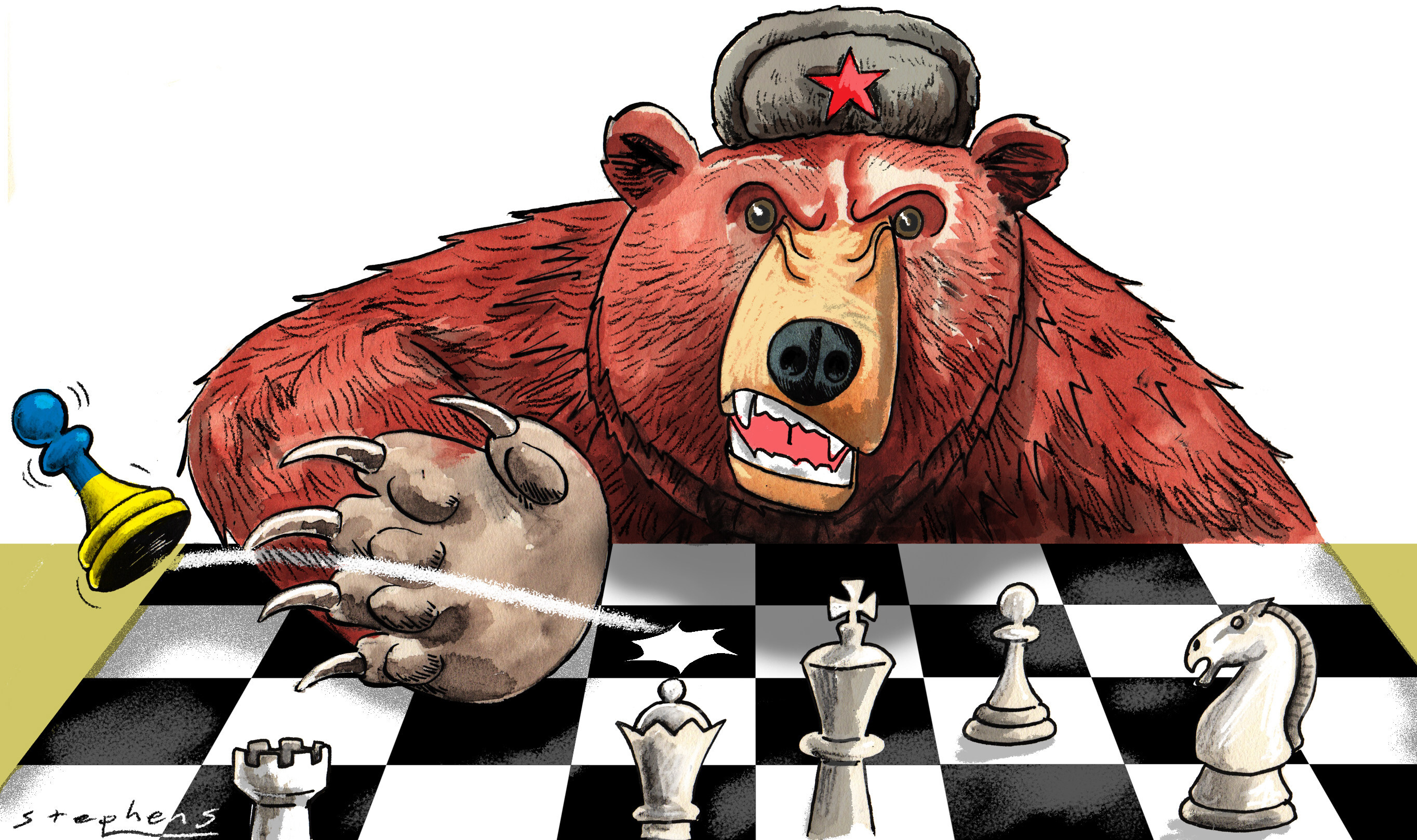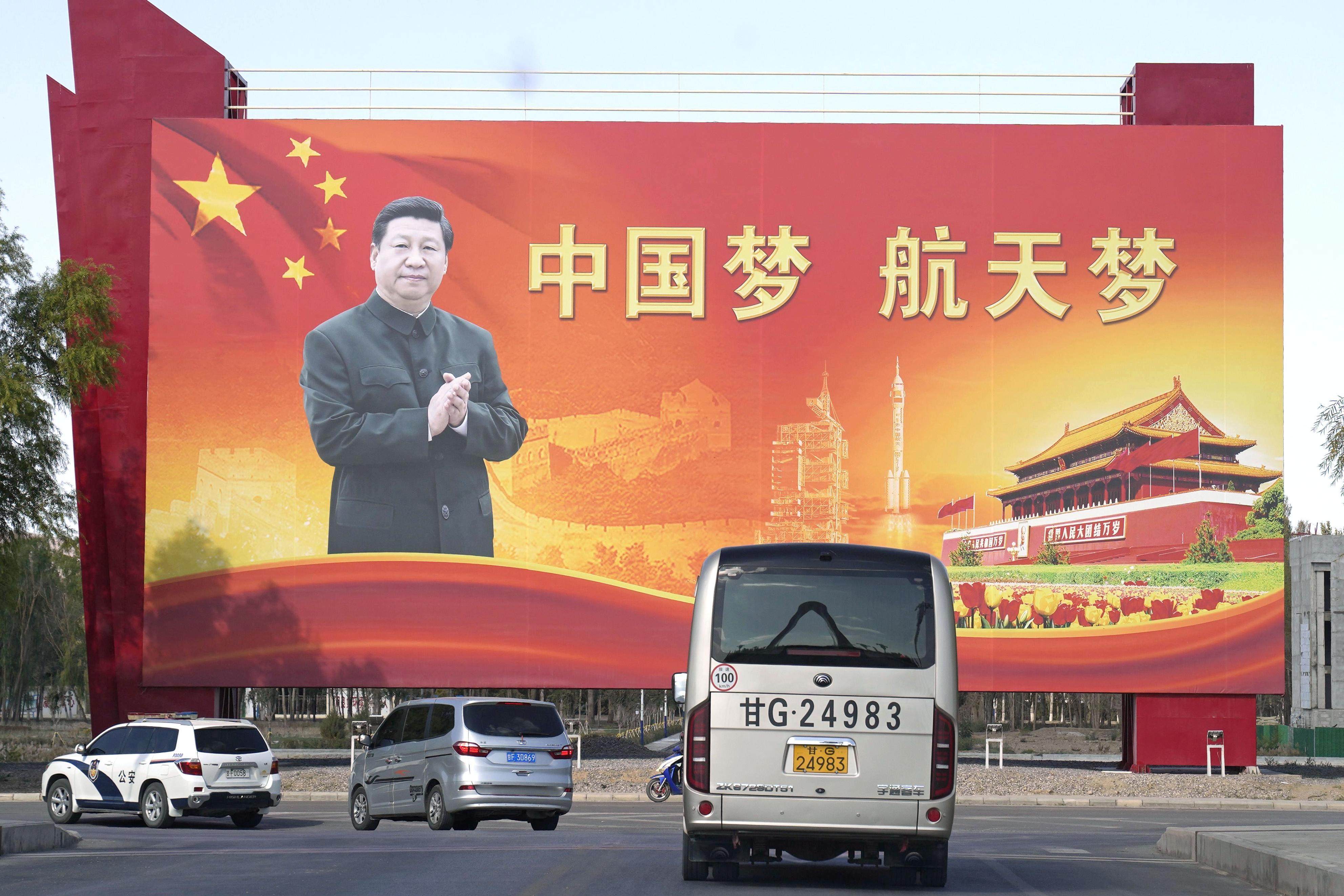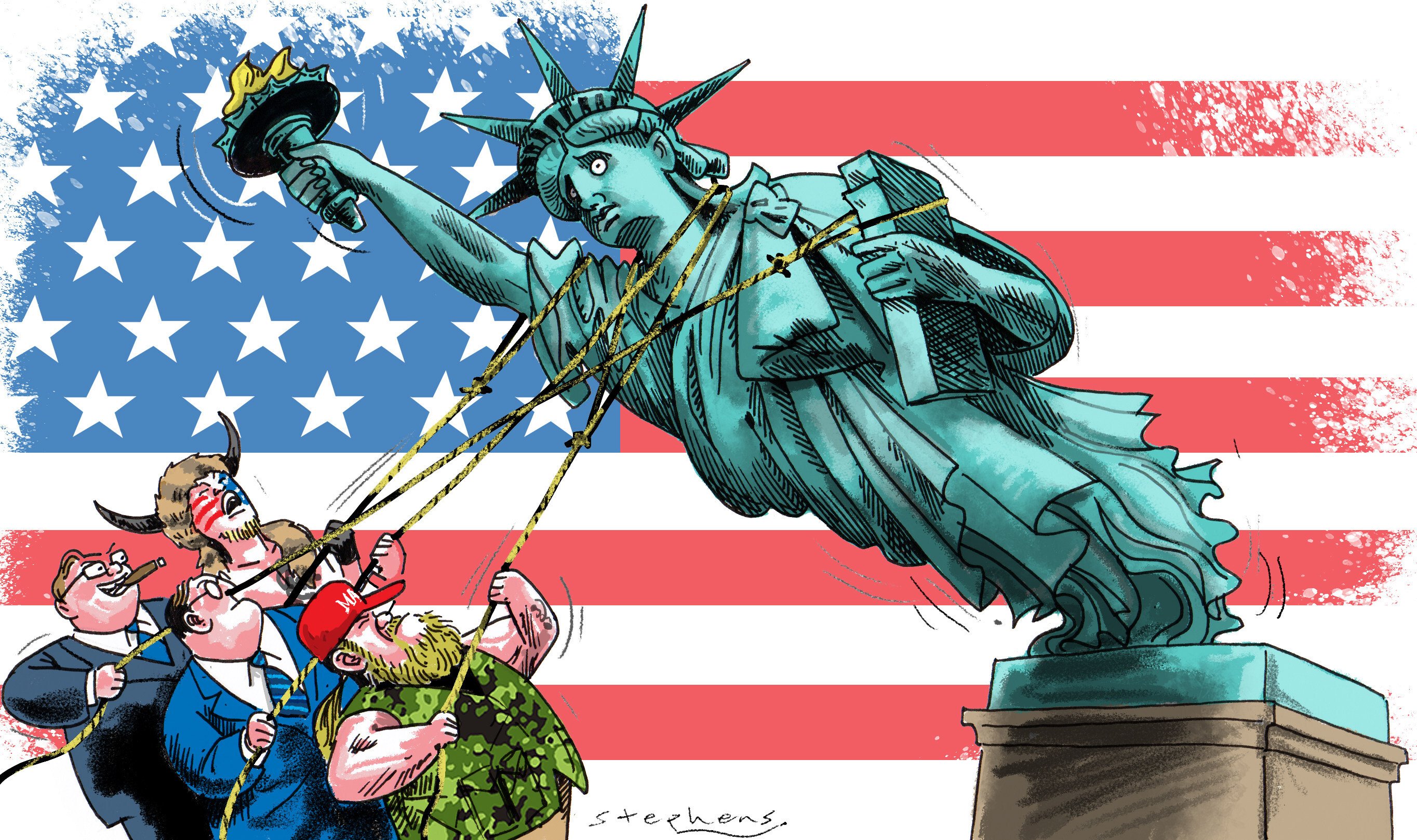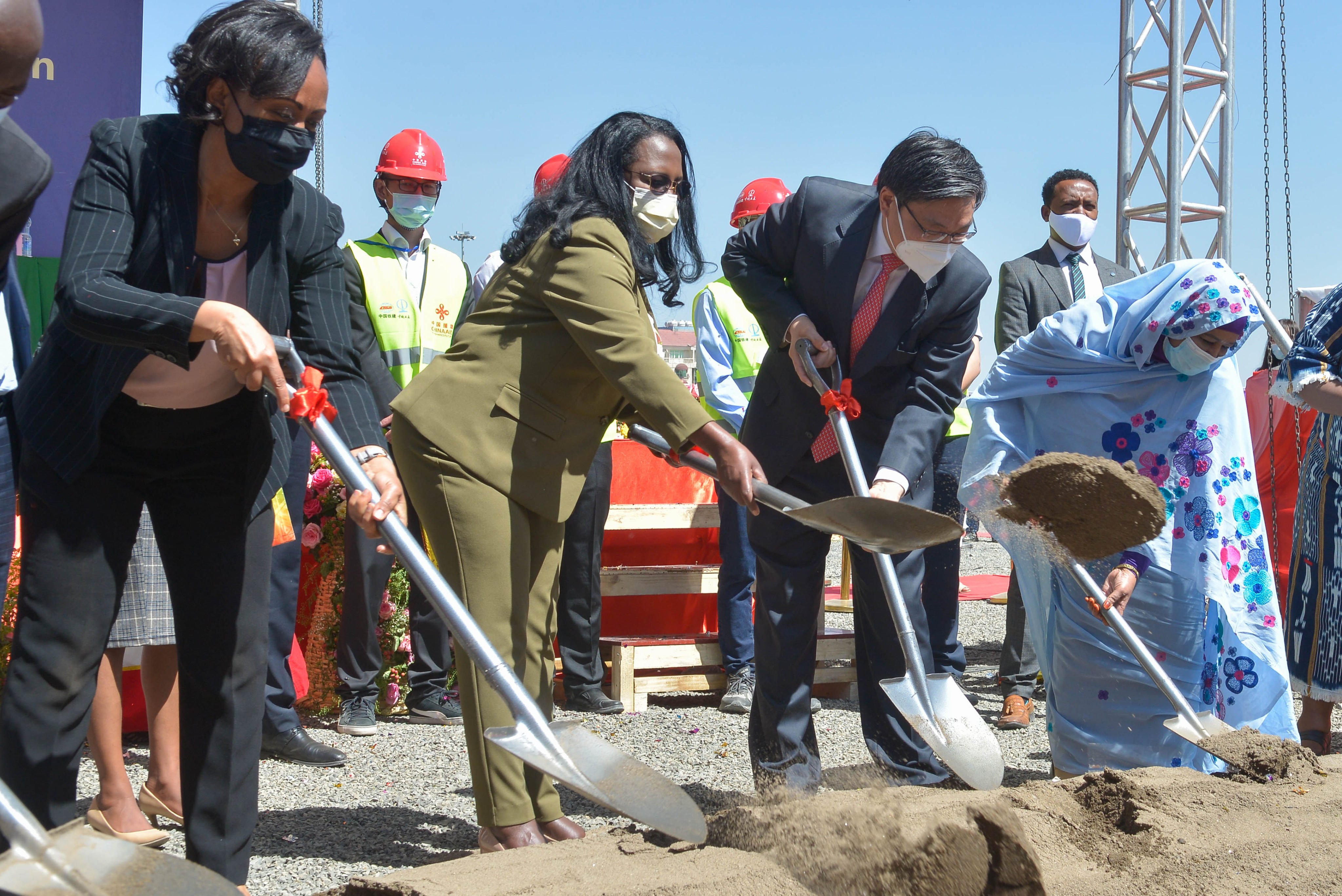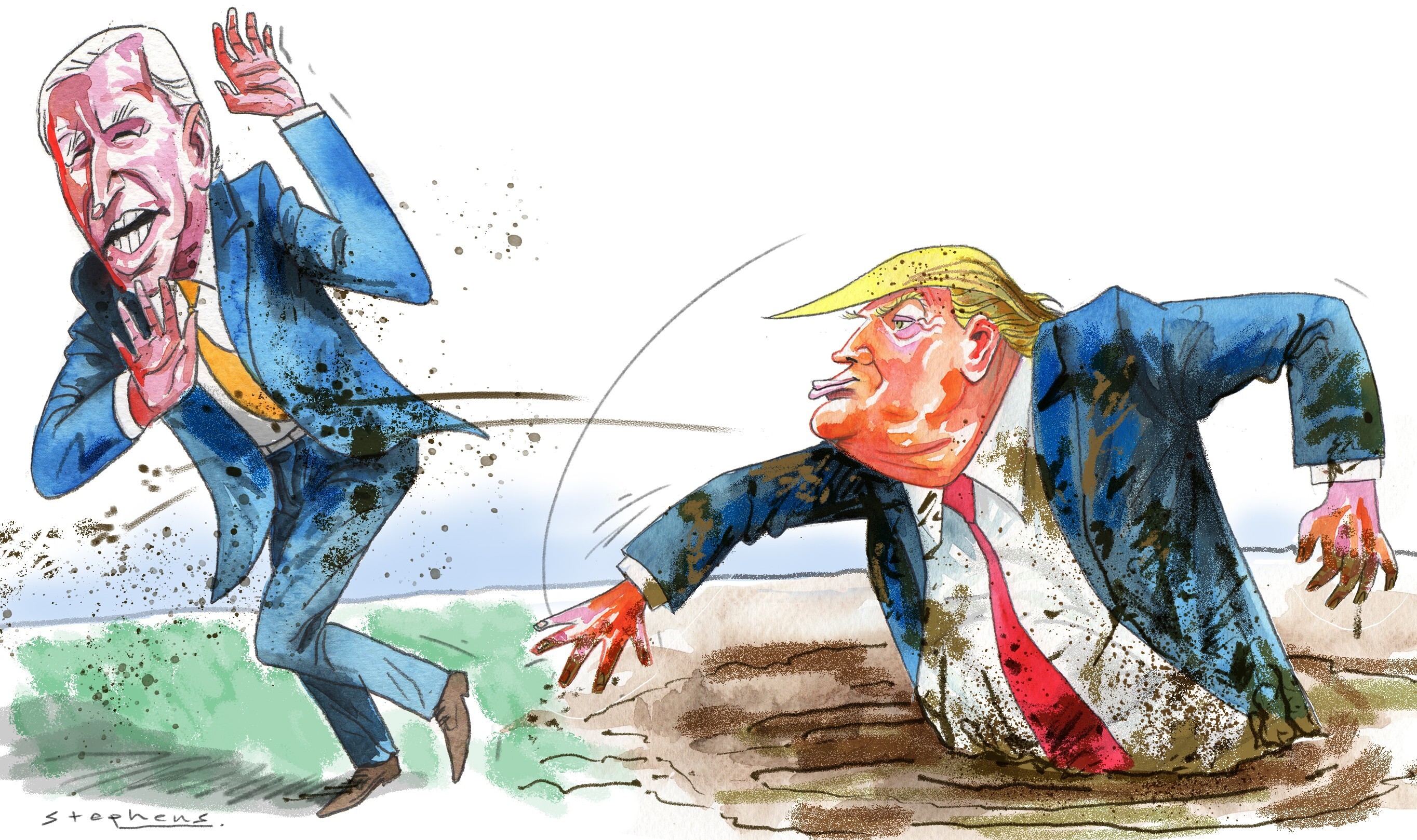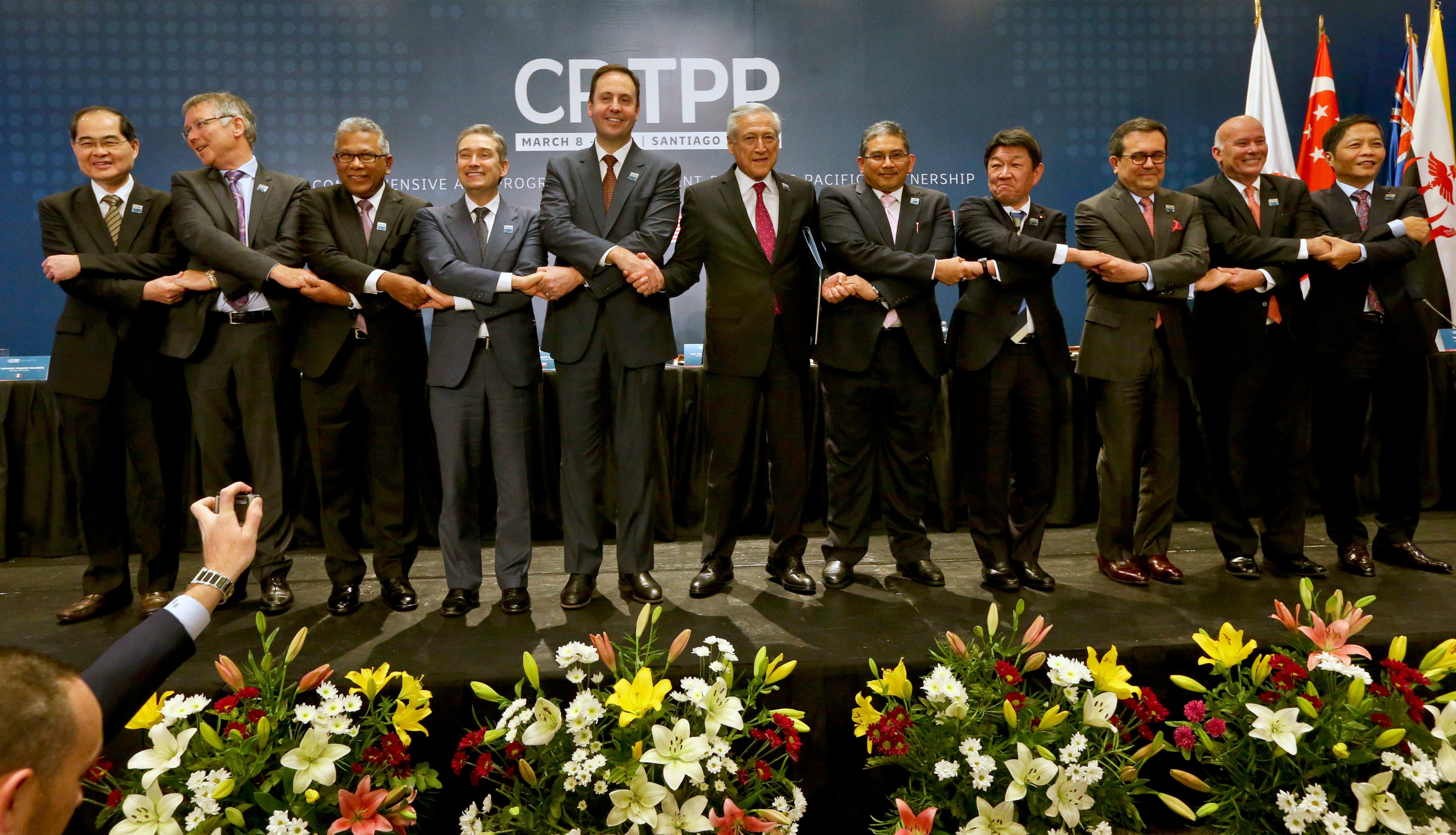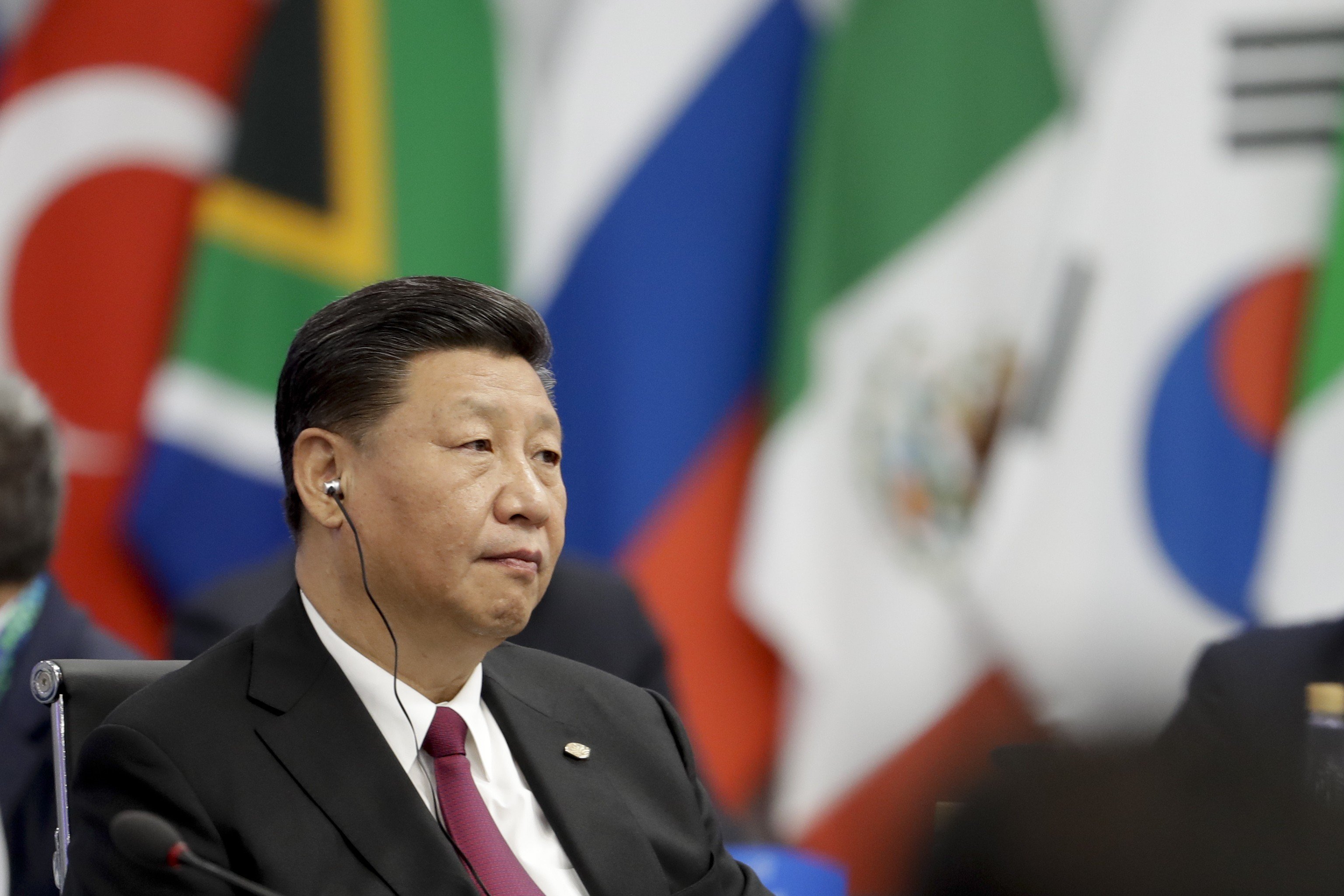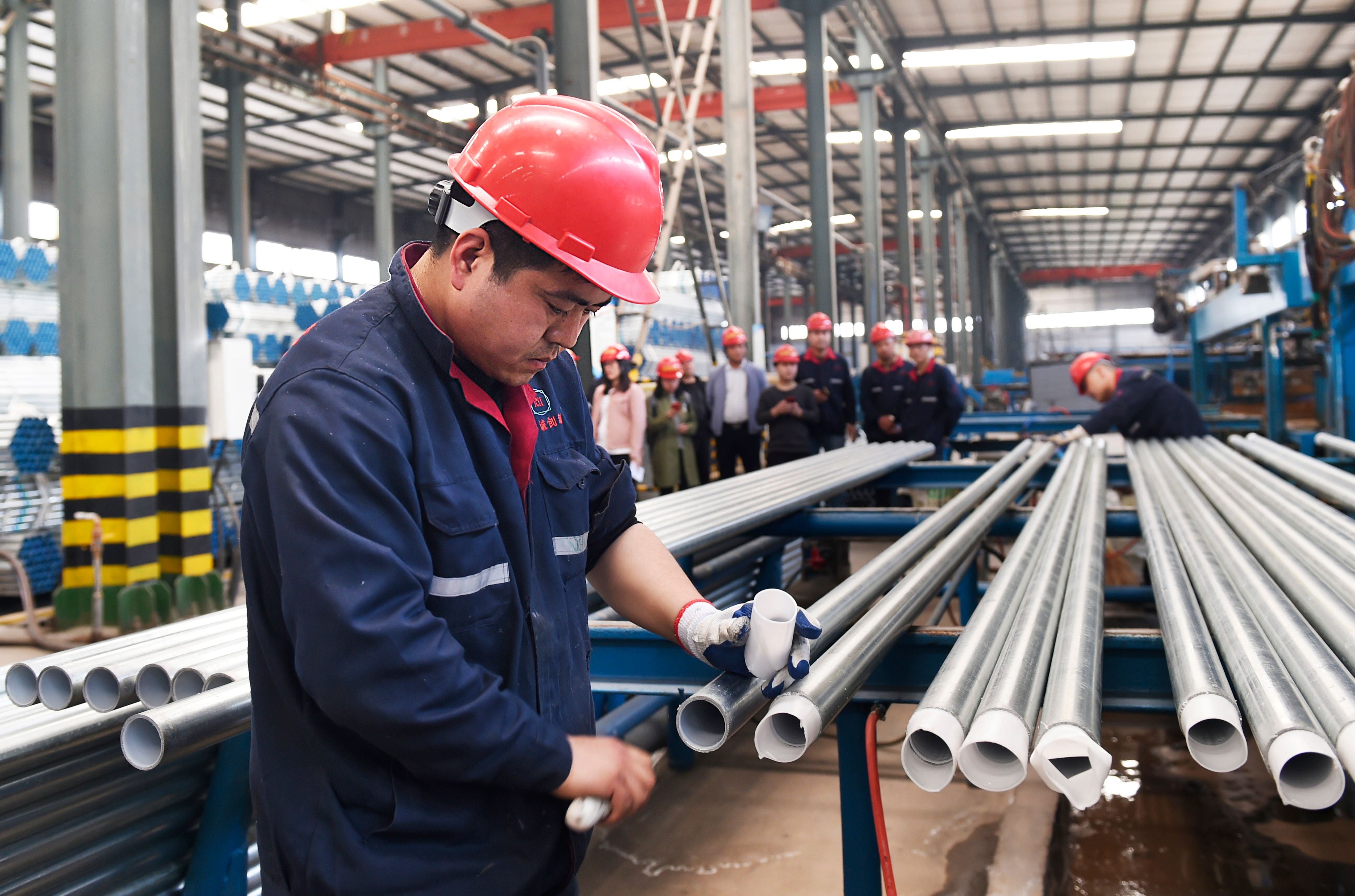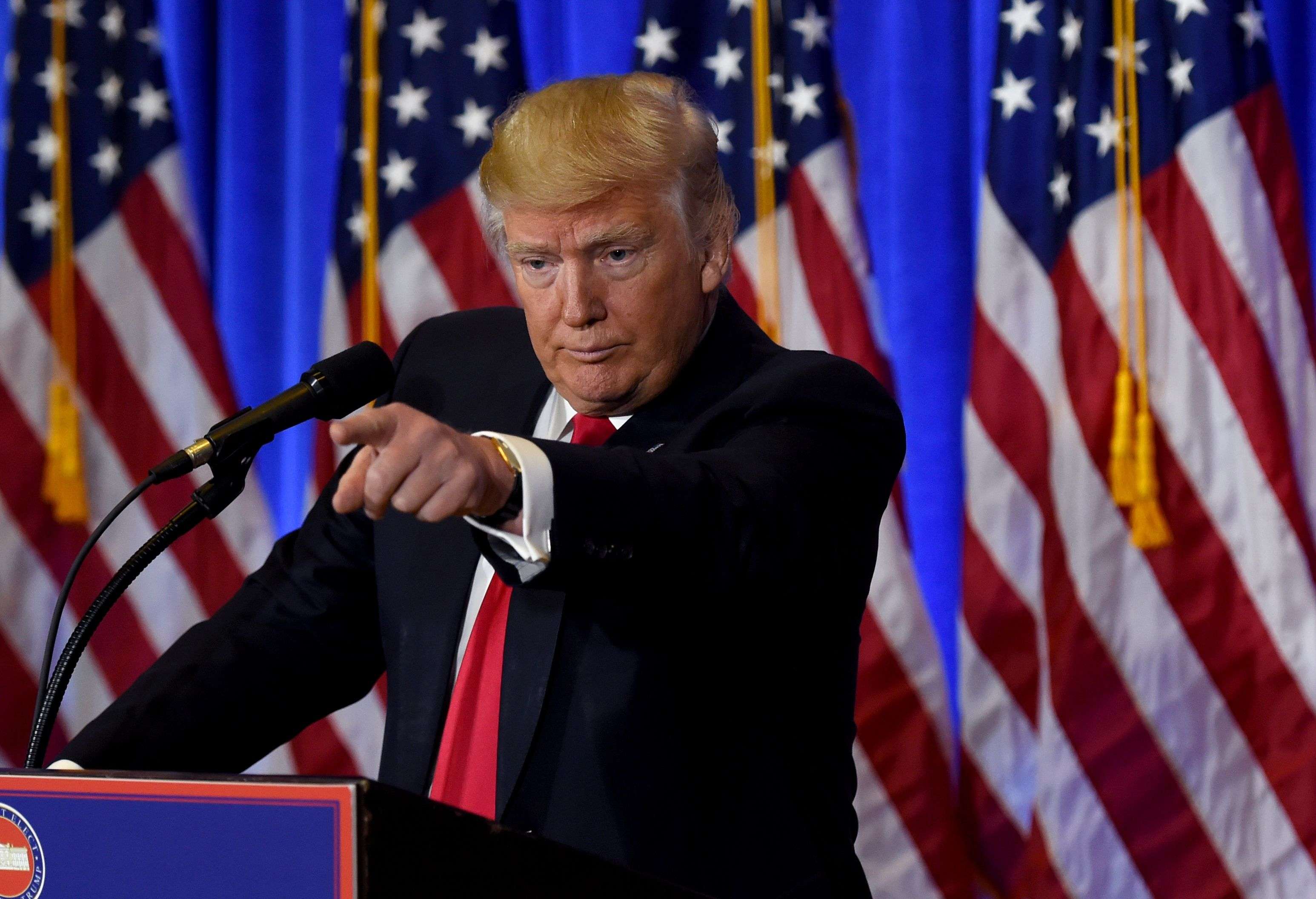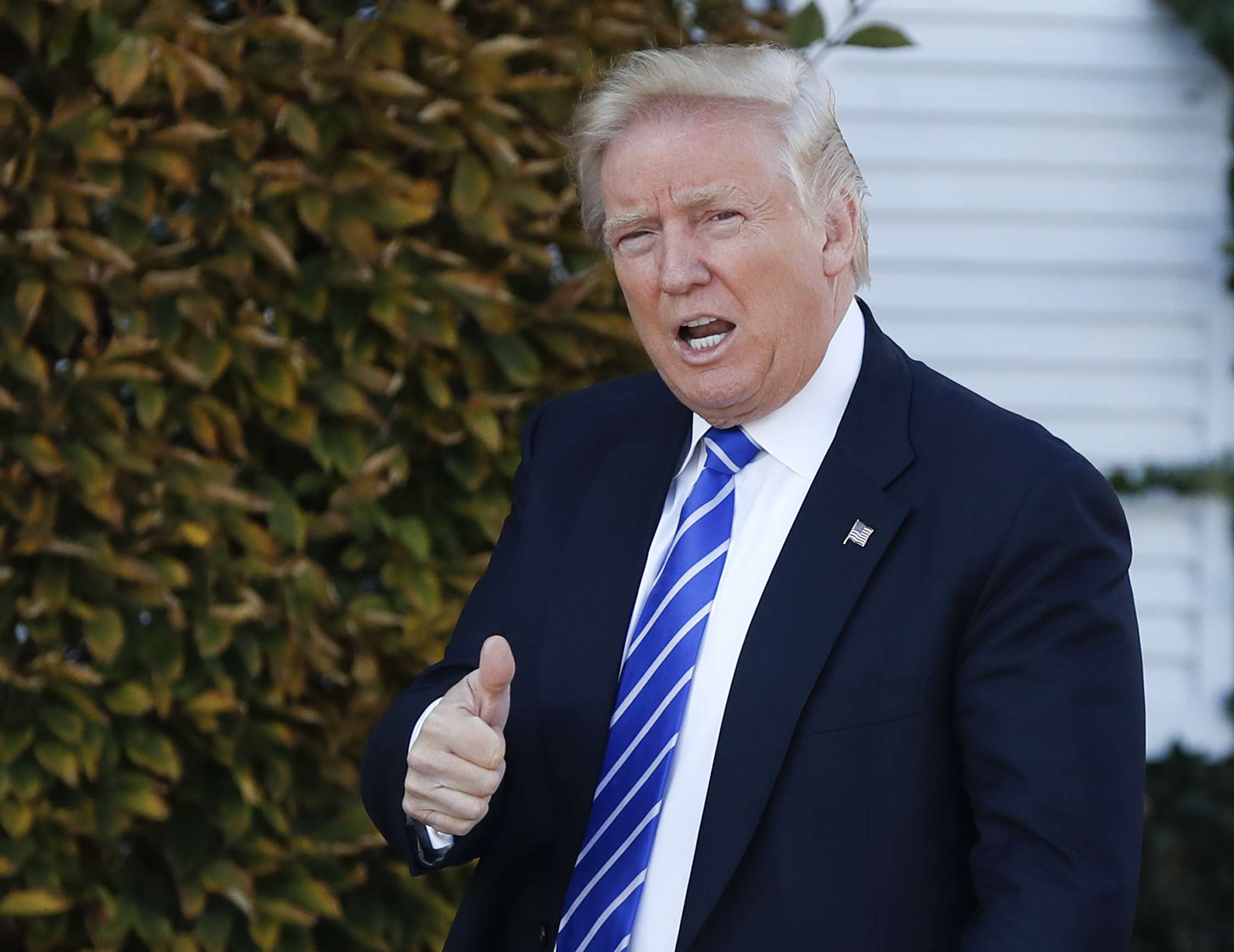Advertisement
Advertisement

S. George Marano
Dr S. George Marano is the founder and principal consultant of RBV Consulting Group, a boutique strategic management consulting firm. His experience of over 20 years spans many fields, including the corporate world, government and academia, and he has a deep knowledge of international business, specialising in Asia. Furthermore, Dr Marano is a geopolitical and geoeconomics analyst who has been published widely. He holds a PhD in strategic management and international business, MBA, Master of Commerce (RMIT University) and has a graduate diploma in Asian Law (The University of Melbourne).
Dr S. George Marano is the founder and principal consultant of RBV Consulting Group, a boutique strategic management consulting firm. His experience of over 20 years spans many fields, including the corporate world, government and academia, and he has a deep knowledge of international business, specialising in Asia. Furthermore, Dr Marano is a geopolitical and geoeconomics analyst who has been published widely. He holds a PhD in strategic management and international business, MBA, Master of Commerce (RMIT University) and has a graduate diploma in Asian Law (The University of Melbourne).
Harris will have the support of the establishment but not Trump. The possibility of the the US going into terminal decline looms large.
Moscow’s declaration of war is a product of geography, history and great power rivalry, and must be understood in the context of an international relations system motivated by self-interest. Refusing to be clear-eyed about Russia’s security interests could result in the country reacting with overwhelming force.
The US occupation of Iraq was a foreign policy catastrophe that allowed China’s influence to grow and Russia’s resurgence while elevating Iran’s regional status. Given this troika, and the risk of an Isis resurgence, it would be no surprise if the US reinstated combat troops in Iraq down the line.
Amid US tensions and increasing international hostility, and with domestic issues to tackle including an economic transition and inequality, Xi provides the stability China needs.
Advertisement

